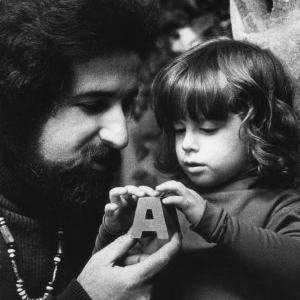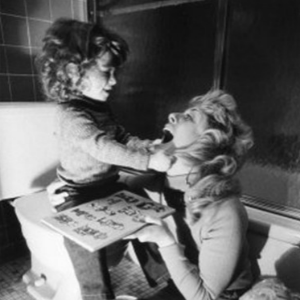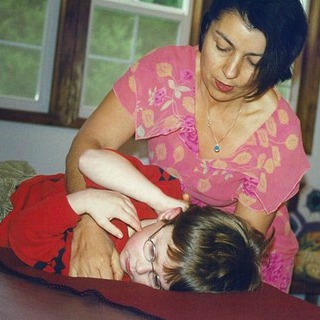Autism Breakthrough
For Beyond 50's "Medical Care" talks, listen to an interview with Raun Kaufman.
As a boy, he was diagnosed as severely autistic with an IQ of below 30
and destined to spend his life in an institution. Years later, Kaufman
graduated with a degree in Biomedical Ethics from Brown University and
has become a passionate and articulate Autism expert and educator with
no trace of his former condition. He'll talk about his parents helped
him to completely recover from Autism within three years through their
revolutionary Son-Rise Program. Avoiding the techniques of behavior
modification, they understood how repetitive behavior patterns give
autistic children an illusion of control — Autistic children deal with sensory overload by shutting out their environments. You'll learn about the principles involved that has helped thousands of families worldwide.

His Story
Before the age of
one, Kaufman suffered a severe ear and throat infection, followed by a
violent allergic reaction to the antibiotics prescribed. He then showed
signs of "spiraling ever deeper into my own world," as Kaufman
described it.
Instead
of accepting the grim, medical prognosis given to Kaufman's parents,
Barry and Samahria, chose to not believe that their child would have to
live with Autism permanently and resigned to be in an institution.
"And
so they began an experiment. They began by seeking to create an
environment where I felt truly safe. They didn't push me. They didn't
try to change my behaviors. They sought first to understand me...How
amazing that my parents began from this most kind and useful place,"
added Kaufman.
Going
against the traditional behavior modification techniques, his parents
made patient and persistent attempts to understand, motivate, and "join"
in his world, rather than conform to theirs. They were always
communicating in thousands of ways that he is safe, loved and accepted -
cherishing every aspect of their child, even the ones that make him different. There was no judgment, only total acceptance and genuine interest in being in his world.
Slowly,
their innovative home-based experiment began to work. Kaufman showed
signs of social connection, drawing him gradually into their world in an
interactive way.
"For
three and a half years, they worked with me, painstakingly building a
bridge from my world to theirs. And it all paid off," wrote Kaufman.
His recovery in the late 1970s lead to helping more children on the Autism spectrum with the creation of the Son-Rise Program, that lead to founding the Autism Treatment Center of America (ATCA) in 1983 that serves as the teaching center of the Son-Rise Program globally.

Joining Their World
By definition, Autism
is not a behavioral disorder but a social-relational disorder. It is
called that because an Autistic child has trouble bonding to form
relationships.
Joining
is done by the caregiver participating in the same stimming (repetitive
autistic behaviors) as the child. This seems counter-intuitive, but it
actually works to reduce the stimming behaviors.
The
best time to join is when the child is doing a very specific type of
behavior called an "ism". That is when the behavior is both repetitive
and exclusive (excluding other people, making it a one-person show).

Some Principles of the Son-Rise Program
See Through Your Child's Eyes Through Joining -
It's the reverse idea of allowing your child to be your teacher so that
you can conform to their world instead of having them conform to
yours.
Stay Fresh and Creative to Create Motivation-Based Activities -
By not censoring your ideas, you can be the parent that's a
never-ending generator of them. With simple items in your environment to
create motivation-based activities - called the
"anything-can-be-anything idea."
Socialization Over Academics -
Autism is a social, relational, interpersonal, and interactional
disorder. Academics is secondary, even though school learning is
important. When they become more responsive to people (as measured by an
increase in eye contact and nonverbal communication, verbal
communication, interactive attention span, and flexibility), that's when you
can open up their academic life.
Giving Control Can Generate Breakthroughs -
This supports the concept of giving more control to the child so
they're less controlling (more flexible and open to learning to achieve
goals). Control battles can be disabling to a relationship and your
child associates learning or what you want with coercion and
unpleasantness.
Celebrate Your Child with Great Energy, Excitement, and Enthusiasm When They Try and When They "Get It Right"
Subscribe to Beyond 50's Radio Updates!
Beyond 50 values your personal information. Your email will
not be used, sold, or
shared with any outside party.
Related Interviews:

The Myth of Autism: Medical Solutions and Real Hope

Qigong Sensory Massage for Autism

Brighton Baby: A Revolutionary Approach to Having an Extraordinary Child, Part 1 of 3
Related Reading:







